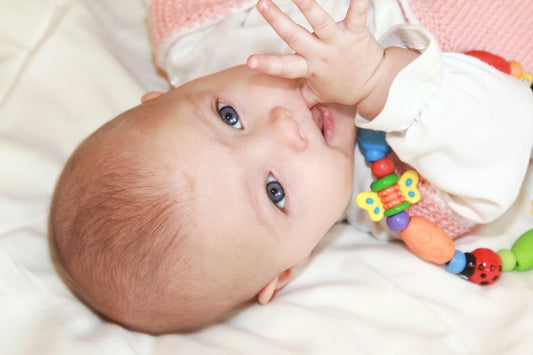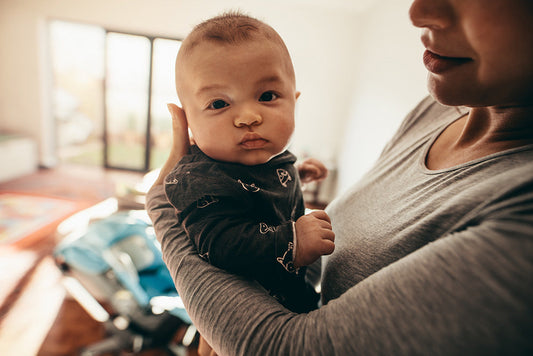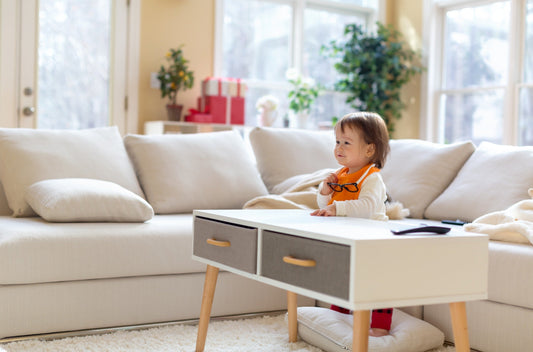Well-Baby Blog
You’re reading about : All subjects
The Well

Pre & Postnatal Easy 15-Minute Workout!
| updated:
Pre & Postnatal Easy 15-Minute Workout!
| Updated:

Caring for Your Newborn’s Skin
| updated:
Caring for Your Newborn’s Skin
| Updated:

5 Tips for Soothing a Teething Baby
| updated:
5 Tips for Soothing a Teething Baby
| Updated:









